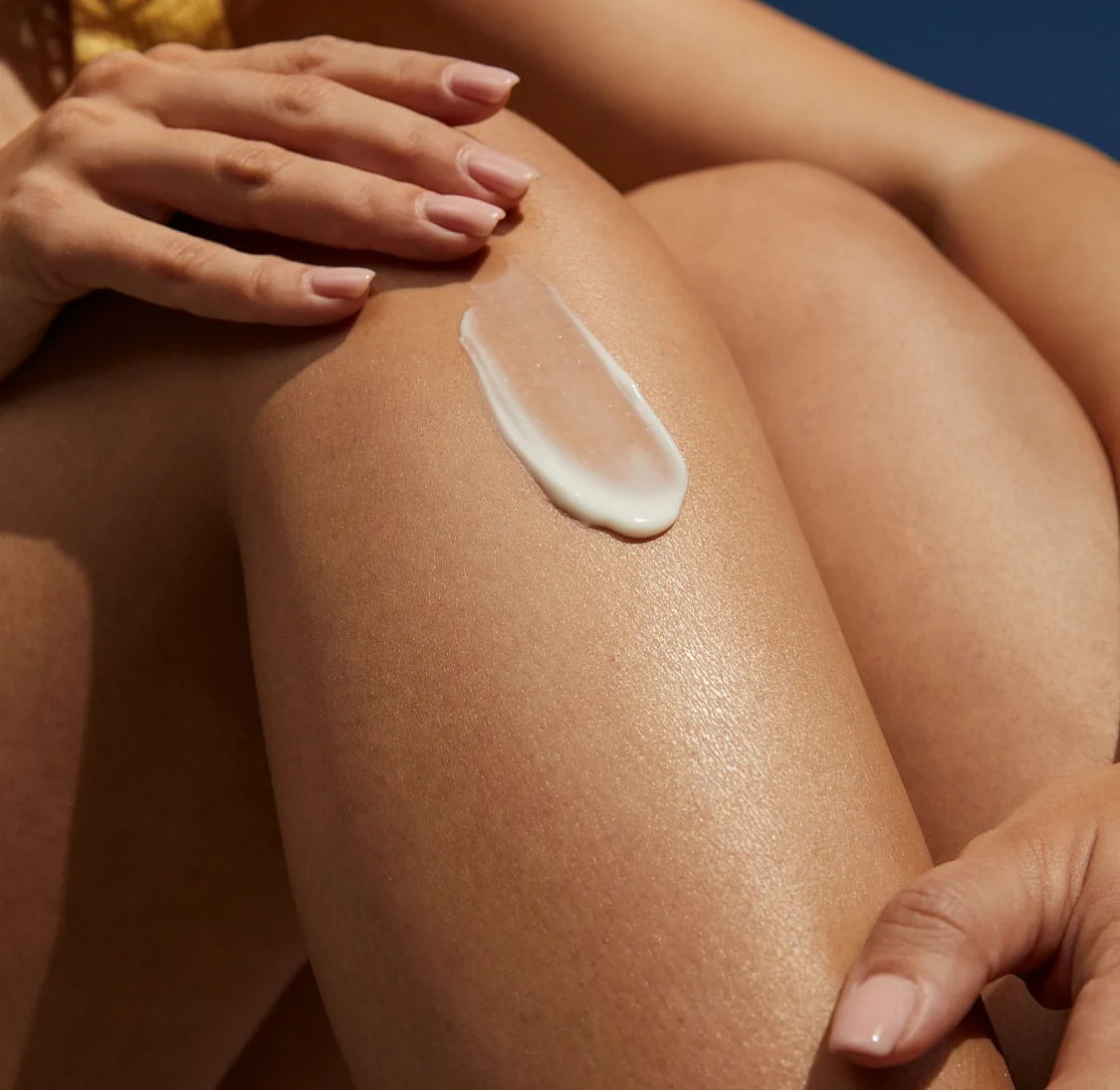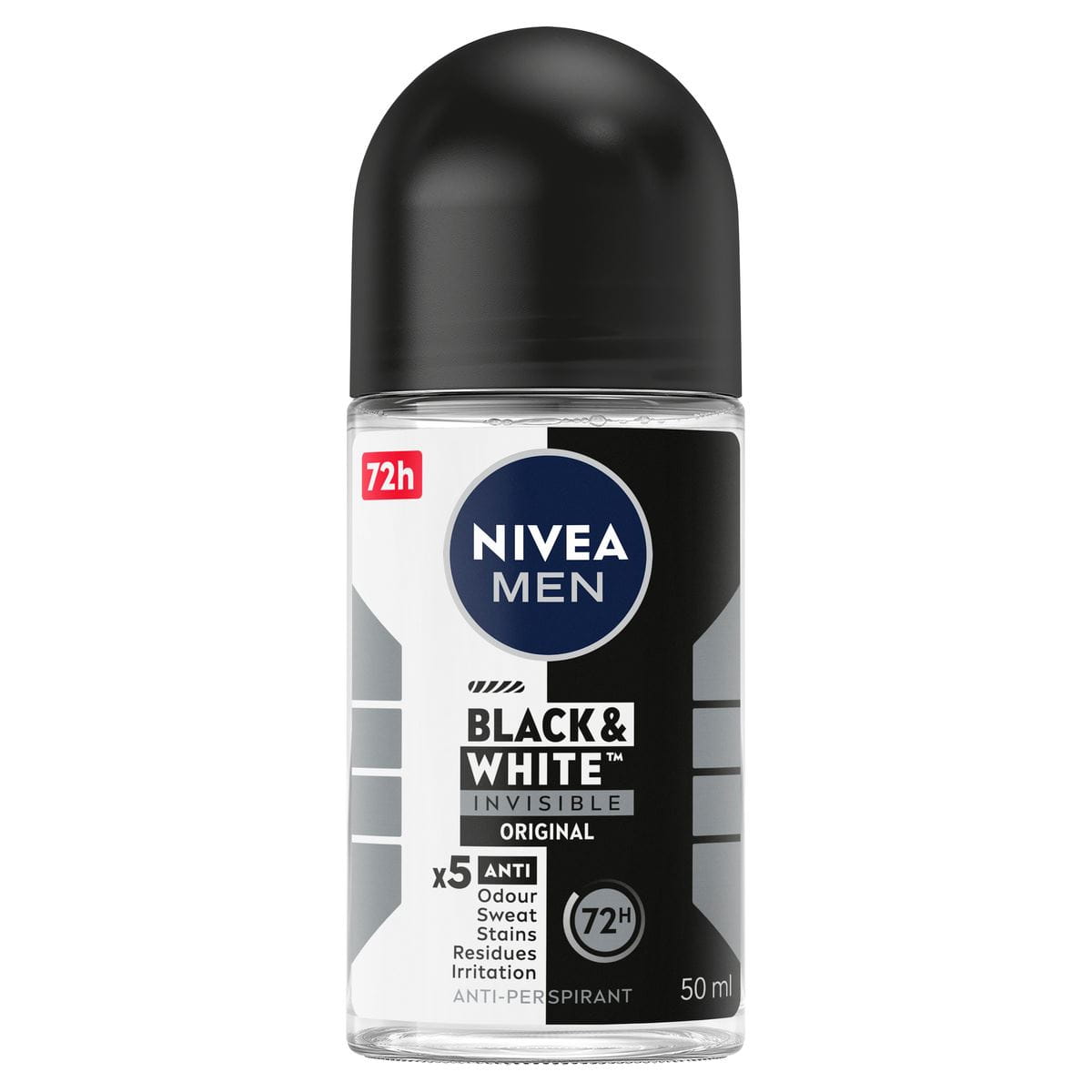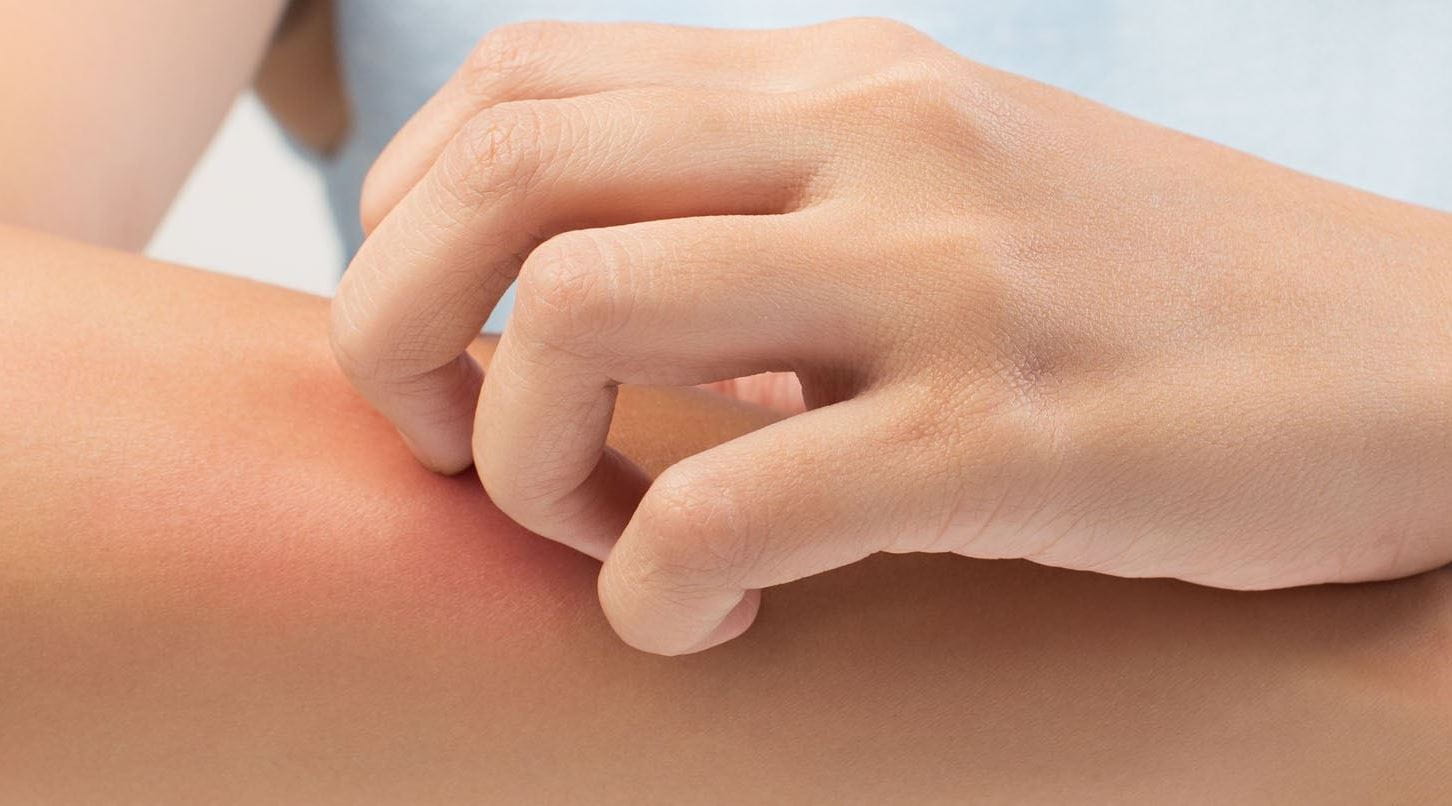
WHAT IS SENSITIVE SKIN?
Generally, sensitive skin refers to your skin’s likelihood to become inflamed, overly dry or irritated, mostly from external factors. Sensitive skin can happen anywhere on the body but is generally more pronounced on delicate areas like the face, armpits, elbows or groin. Unfortunately, the face is the most exposed area and often receives the brunt of the symptoms.
WHAT CAUSES SENSITIVE SKIN?
Sensitive skin is a general irritability of the nerve endings in the upper layers of the skin. There are many different causes of sensitive skin, from both internal and external origins. Everyday occurrences like showering, contact with perfumes, exposure to sunlight or even a stressful day at work can be enough to irritate sensitive skin.
WHAT ARE THE SPECIFIC NEEDS OF SENSITIVE SKIN?
Regardless of the weather or time of year, sensitive skin needs to be properly protected and cared for. Because environmental factors like high winds, the sun and even concentrated levels of pollution can all cause your skin to flare up, it’s important to always be prepared.








